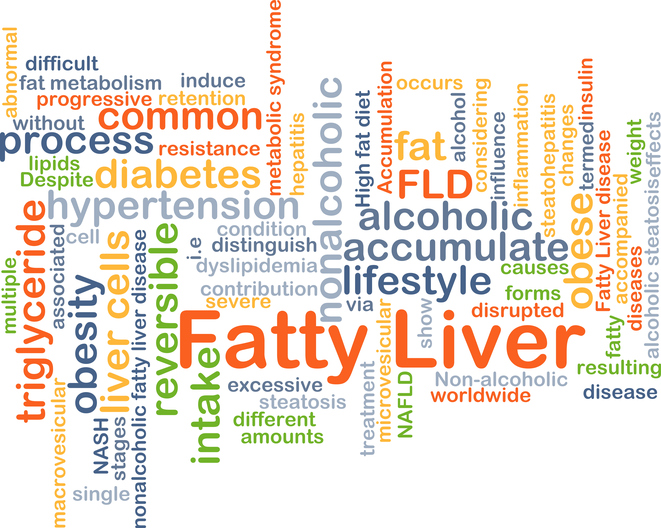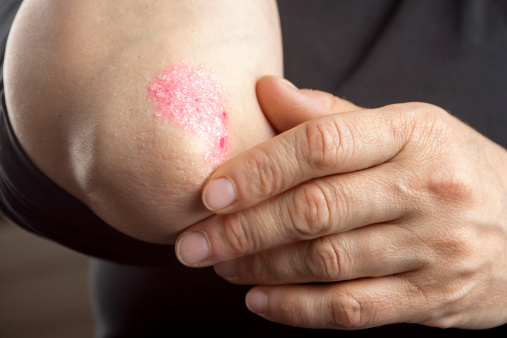Heart disease risk in chronic kidney disease patients may increase with dietary phosphate
Heart disease risk in chronic kidney disease (CKD) patients may increase with dietary phosphate. Patients with CKD cannot excrete excess phosphate into the urine, so it accumulates in the blood. This accumulation of phosphate in the blood is a well-known risk factor for CKD, which raises patients’ risk of heart disease. The researchers examined the ...click here to read more














